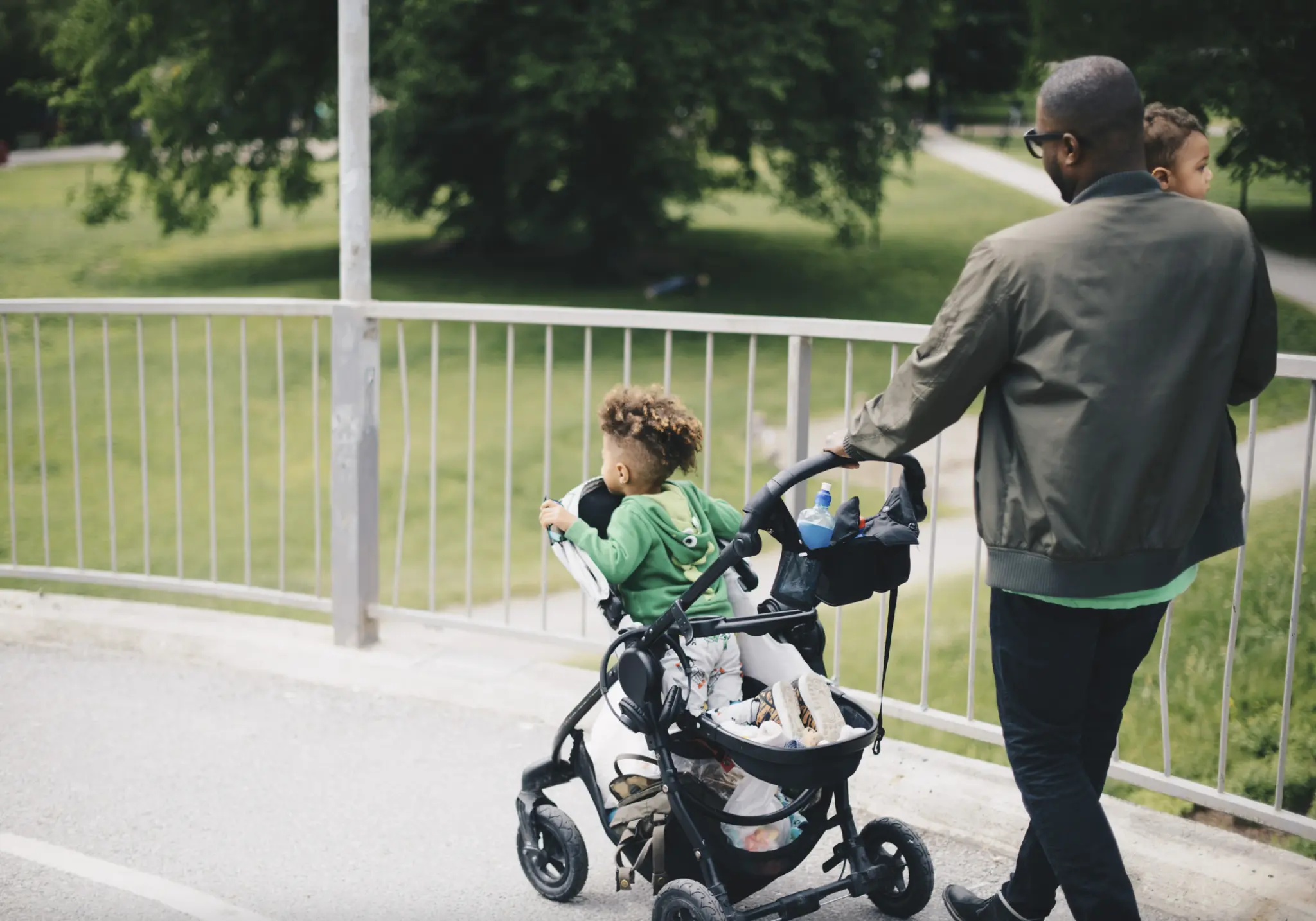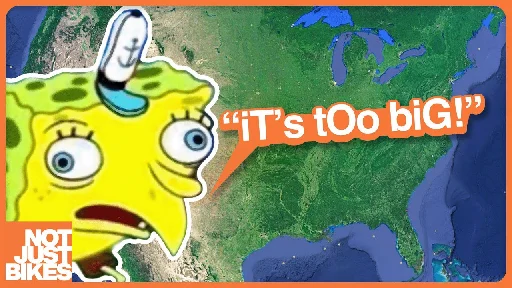
-
Someone is in ‘my’ parking space
I live in a quiet part of my city on a street with plenty of parking. Many of the houses have one or even two car driveways/garages so there is enough parking that I don’t need to park far, but the spot directly in front of my house has been occupied for WEEKS. There is nothing that makes that spot mine except that everyone sort of has their assigned spots like seats in the cafeteria. This person has a resident pass (though improperly affixed) so nothing is illegal but I’m sorta beginning to wonder if the car is abandoned.
There is absolutely nothing I can do about it except to hope that they move for street cleaning in another two weeks but it’s annoying and I wanted to vent. Anyone else experience this frustration?
AND, they are parked like shit and it feels like salt on the wound.
Edit: fixed a typo
-
Kinda hate how much car-centric infrastructure has ruined the act of driving around in my city
I know it sounds hypocritical but hear me out. My city's suburban streets were mostly built in the 1900s and 1910s, before cars were ubiquitous and before streets were built to accommodate them. So like 90% of the streets in the immediate suburbs (I'm talking 1 - 5 minutes from downtown) are either way too skinny to drive on or they don't have driveways. In a select few streets it's even both. And so you end up with streets that are littered with parked cars, and a lot of streets are two lane but end up functioning like one-ways. There have been moments where I drive on these streets because GPS told me to, and then I question my sanity because it really feels like a 1-way and yet there's signs facing me. I mention this because I'm a pizza delivery driver and so I have to navigate these streets at least a few times a day, usually dozens of times if we're offering coupons in those areas. And every time it becomes far more of a hassle than it has to be just because of how there are so many cars and so many people driving on them. I hate how we've built this city that had a downtown where people would walk to and shop around in, but now everybody drives to the superstores on the outskirts and uses the freeway to go to work. It's like we've ruined the act of driving simply by forcing everybody to drive more.
I actually lived in Japan for a period, and while I wasn't old enough to drive there, I noticed that people seemed to have a far better time driving on their ultra-narrow suburban streets, and I'm willing to hedge a bet that's because not everything there was car-focused. Obviously once you got out into the rural regions more people drove, but in Tokyo especially people seemed to walk or take the train most of the time.
I wonder if maybe in an alternate universe where we didn't place superstores and supermarkets and home depots a 1-hours walk away from the old suburbs, and where we didn't develop this culture that everybody needed a car, would it be a much less irritating and frustrating experience driving around? Hell in that universe I might even be able to get my store's drive times down a couple minutes.
- oaklandside.org Good news for East Bay public transit: state funds for BART and AC Transit could be restored
The governor’s draft budget would have contributed to the “death” of Bay Area transit. A vote today offers new hope—but it’s not a slam dunk.
-
Exclusive: More than 100,000 B.C. households at risk of homelessness due to rental crisis; “The rental crisis is worse (in B.C.) than pretty much anywhere else in the country.”
vancouversun.com Exclusive: More than 100,000 B.C. households at risk of homelessness due to rental crisisThe average rent in B.C. increased 30% from 2016 to 2021: “The rental crisis is worse here than pretty much anywhere else in the country.”
cross-posted from: https://lemmy.ca/post/788654
> Source: https://vancouversun.com/news/local-news/exclusive-bc-rental-crisis-puts-100000-households-at-risk-homeless. > This is an automatic repost from Reddit by a bot created by @eugene@lemmy.ca
-
Beyond Bike Lanes: What Really Impressed Us About Cycling in the Netherlands
YouTube Video
Click to view this content.
- montanafreepress.org Billings graffiti artist drawing the line between craft and vandalism
As the city grapples with unwanted and illegal tagging, one artist strives to bring respectability to graffiti.
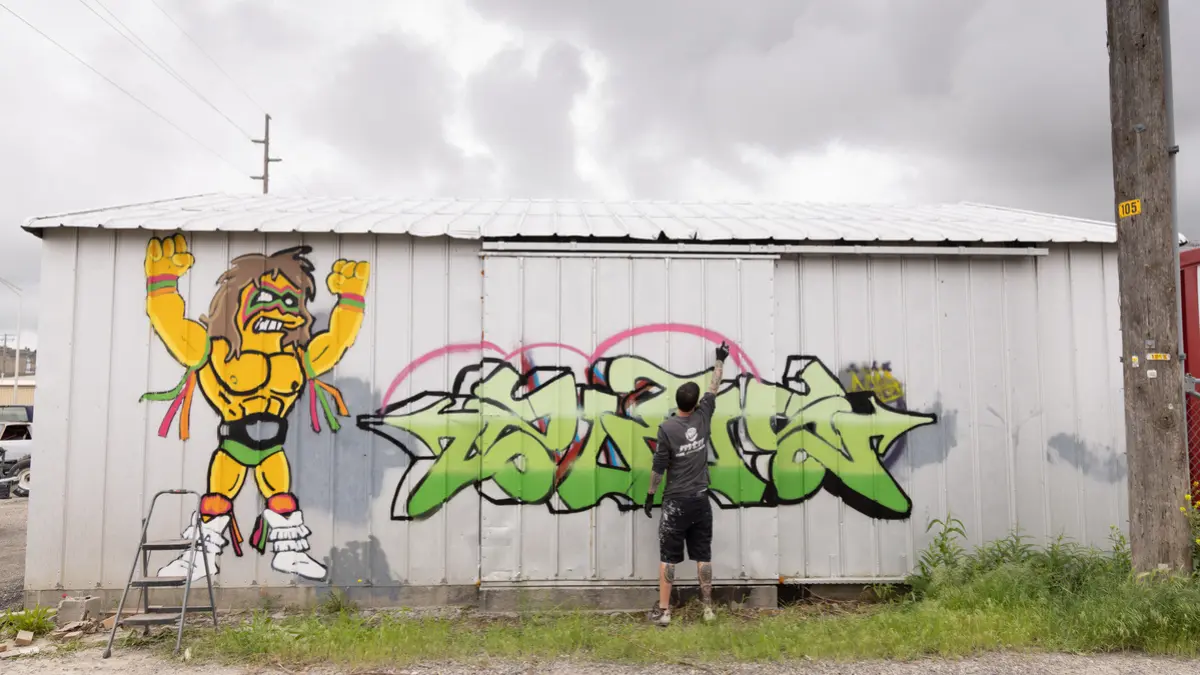
-
Minneapolis police federal probe reveals that police have been doing exactly what minorities accuse them of doing

YouTube Video
Click to view this content.
- www.strongtowns.org Erie Was a “Walkable City Once, Before the Federal Bulldozer Came to Town”
Why does Erie, PA, keep giving up more and more of its lakefront to highway asphalt?
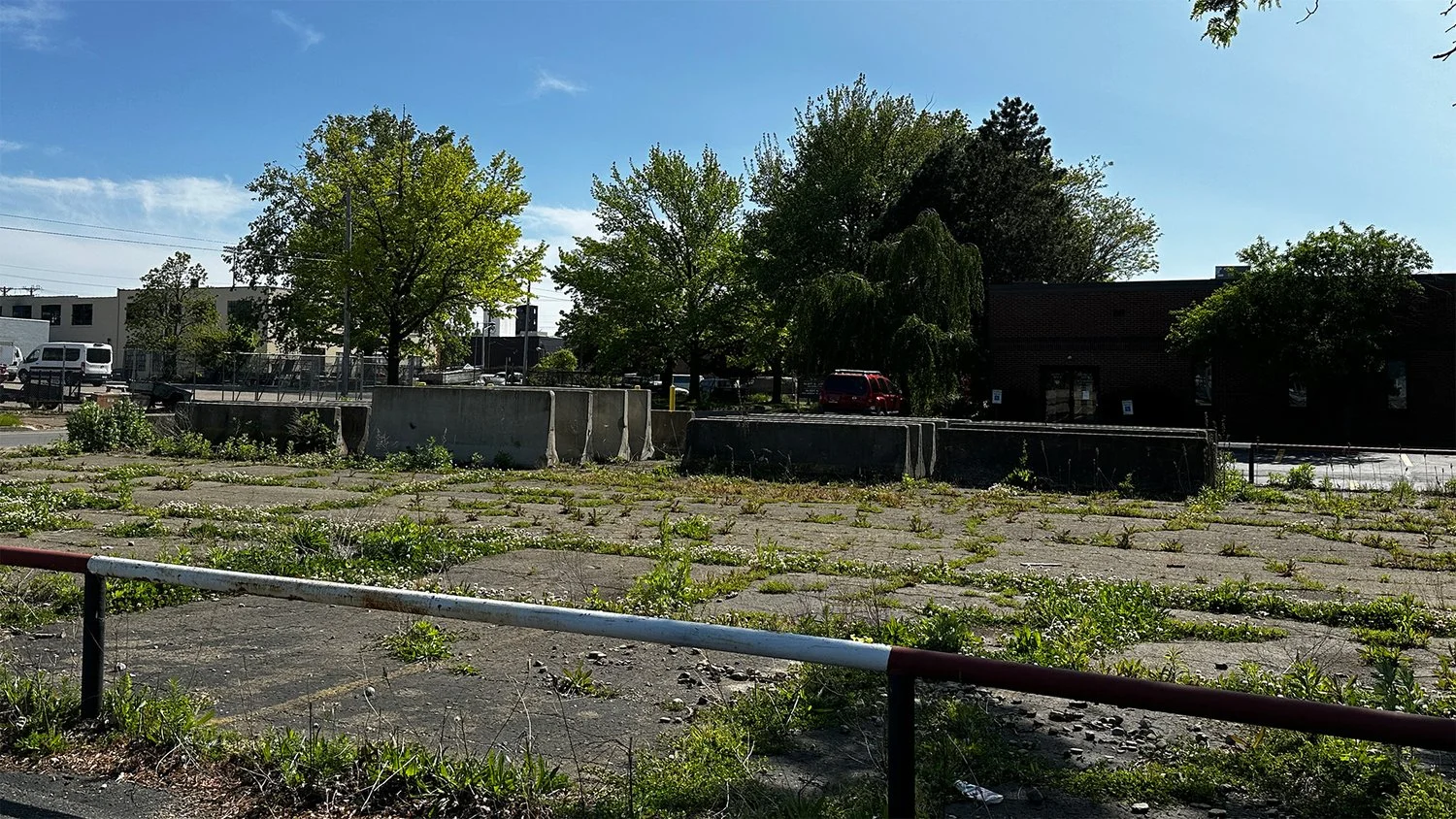
- solar.lowtechmagazine.com Can We Make Bicycles Sustainable Again?
Cycling is the most sustainable form of transportation, but the bicycle is becoming increasingly damaging to the environment. The energy and material used for its production go up while its life expectancy decreases.
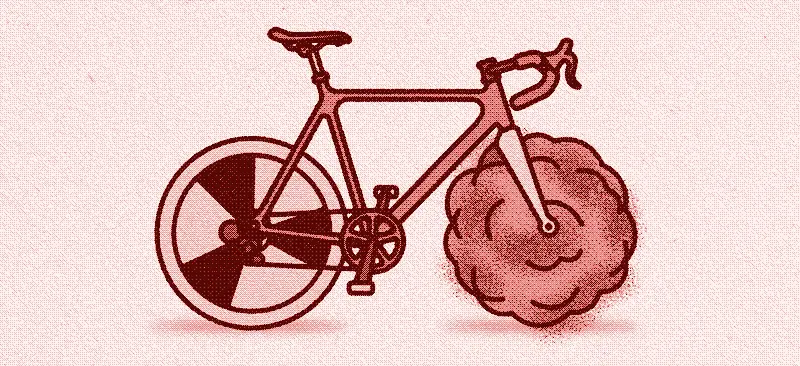
cross-posted from: https://beehaw.org/post/631577
> A great read+great magazine. > > AI Generated TL;DR (tldrthis.com): > > Cycling is the most sustainable form of transportation, but the bicycle is becoming increasingly damaging to the environment. > Before the 1980s, most bicycle components were interchangeable between frames of different brands and generations. > An academic study on circularity in the bike manufacturing industry observes a significant increase in defective components compared to unassisted bicycles and concludes that “the great dynamics of the market due to regular innovations, product renewals, and the lack of spare parts for older models make the long-term use by customers much more difficult than for conventional bicycles.” > However, a recent study calculated the lifecycle emissions of a carbon fiber electric cargo cycle to be 80 gCO2 per kilometer – only half those of an electric van (158 gCO2/km). > The decreasing sustainability of bikes is not a technological problem, and it’s not unique to bicycles. > However, shared bicycles are unlikely to become more sustainable than private bicycles because they always require rebalancing and a high-tech infrastructure to make the service work. > >
- usa.streetsblog.org So Much for ‘Carmageddon’ (Philadelphia Edition) — Streetsblog USA
More capacity generates more travel, more sprawl, more pollution, and ultimately more congestion. It’s time to get off this treadmill.
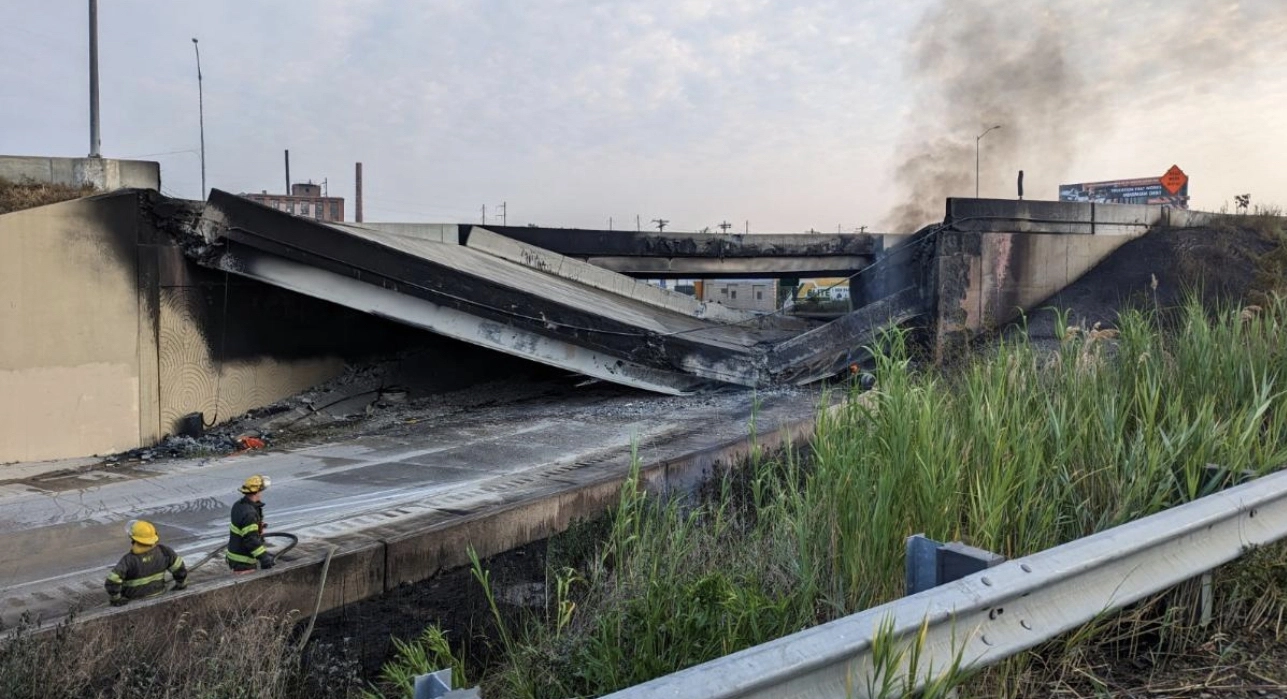
Crosspost from !urbanplanning@lemmy.ml - I found this very interesting that traffic wasn't really adversely affected!
-
Strong Towns: We Keep Losing The Battle Against Traffic. Is This Inevitable?
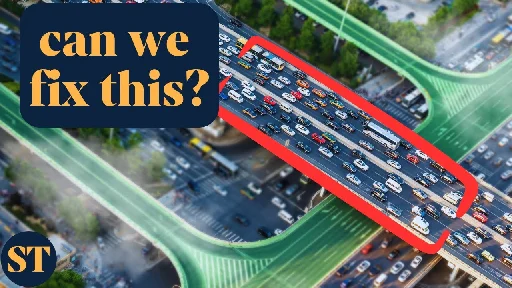
YouTube Video
Click to view this content.
> Traffic sucks... the solution might not be what you think though.
and table of contents:
> 00:00 Intro > > 02:12 It Takes Too Long > > 05:37 Travel Is Too Unpredictable > > 07:43 The Experience Of Traffic is Terrible > > 09:30 Watershed Analogy > > 10:13 What Do We Do?
- placesjournal.org Shade
It’s a civic resource, an index of inequality, and a requirement for public health. Shade should be a mandate for urban designers.
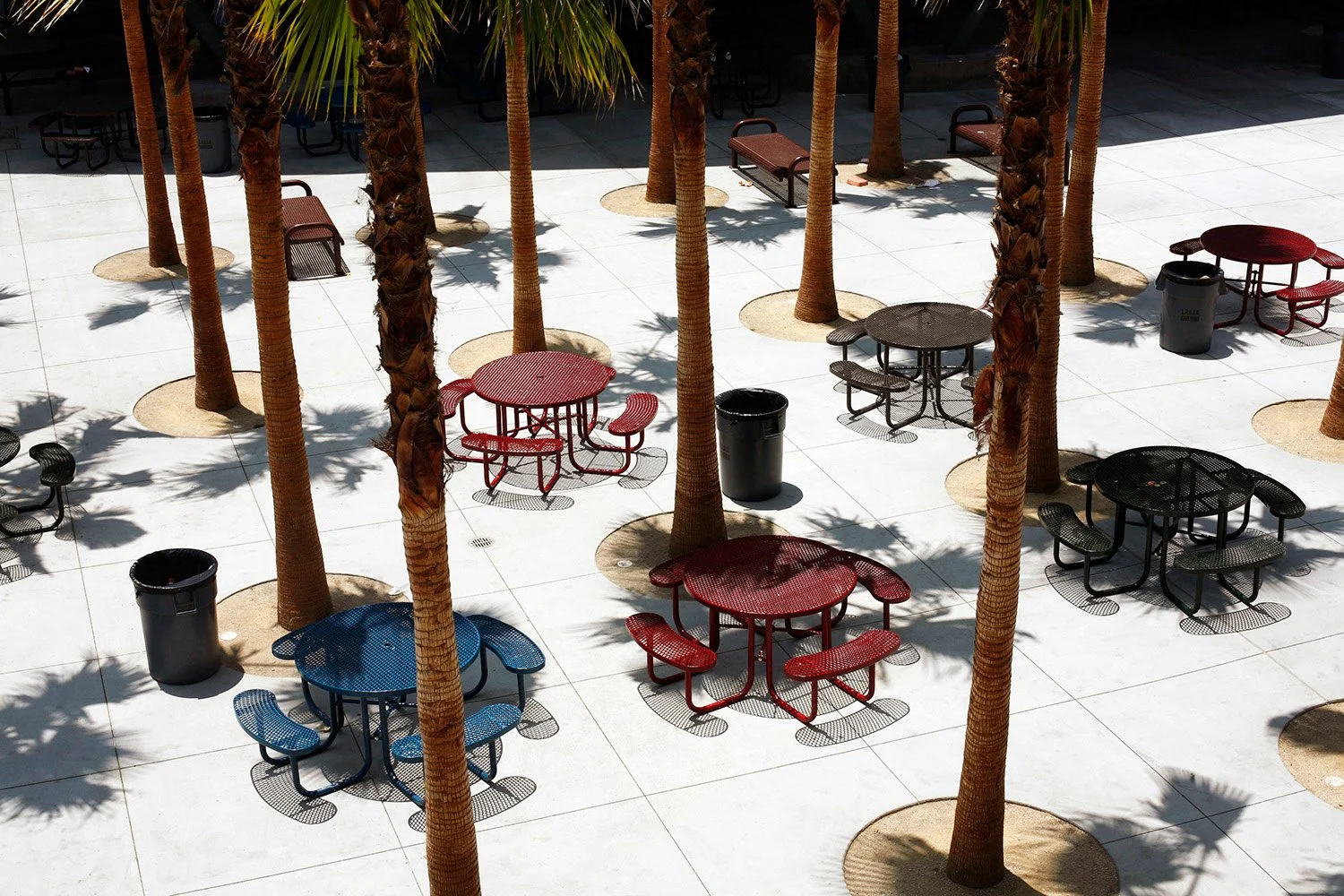
Interesting story about urban shade. Early in the article are some interesting history tidbits like
You might imagine that transit planners call the shots — strategically placing shelters outside grocery stores and doctors’ offices on high-frequency routes, according to community need — but Los Angeles, like many cities, has outsourced the job. The first thousand shelters were installed in the 1980s by billboard companies in exchange for the right to sell ad space, and they tended to show up in wealthy areas where ad revenue surpassed maintenance costs. 2
- www.strongtowns.org Jersey City Achieved Zero Traffic Deaths on Its Streets. Here’s How They Did It.
Jersey City made headlines in 2022 when it accomplished what Vision Zero advocates have been championing for years: zero traffic deaths on city streets. Here are some lessons other communities can take from their efforts.
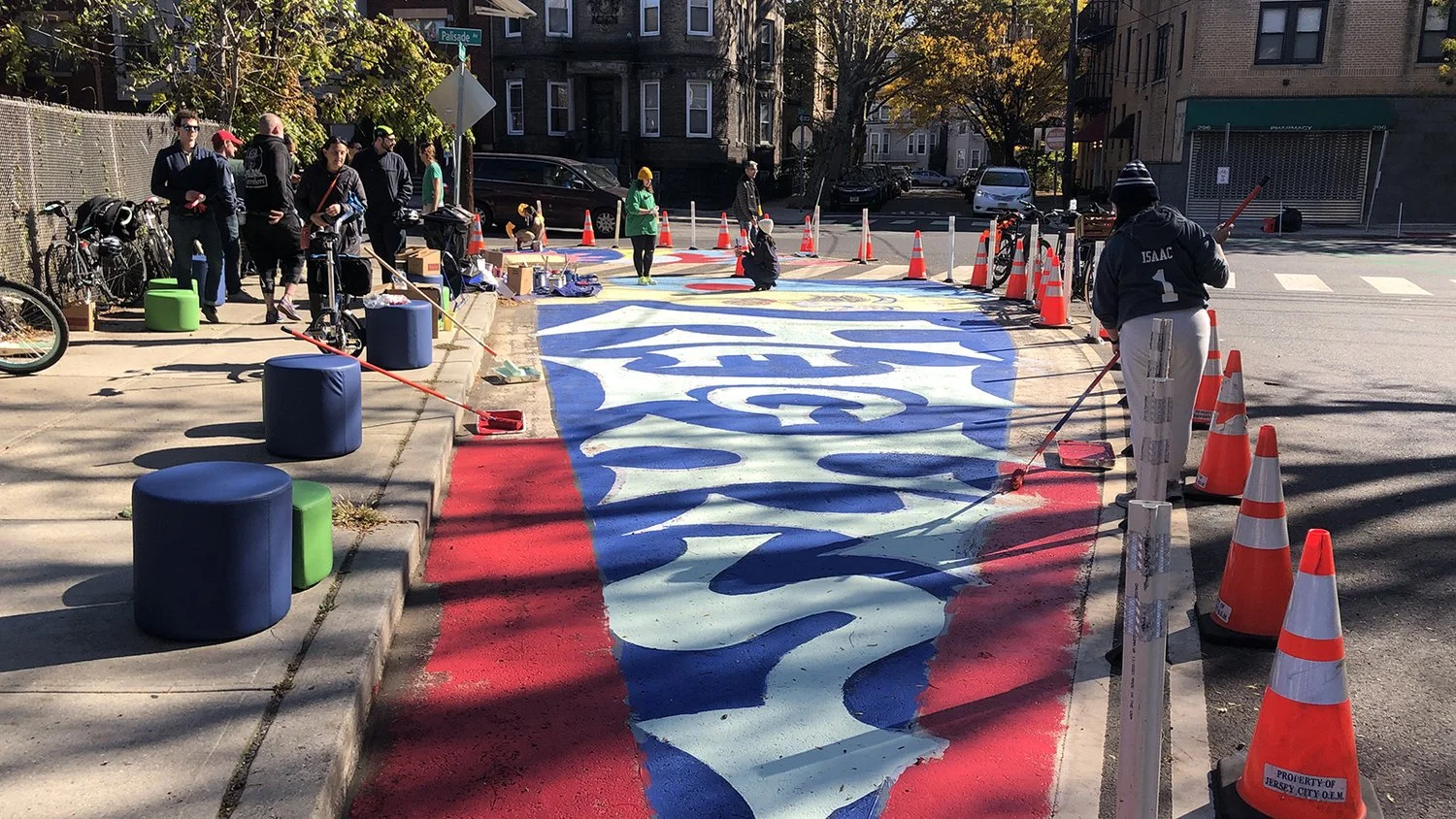
-
LA Metro Regional Connector open
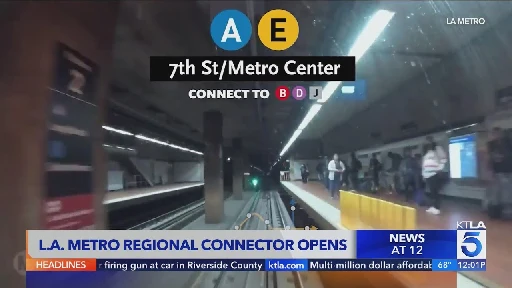
YouTube Video
Click to view this content.
Game changer just dropped!
-
Five Things Missing In The Built Environment For Families With Young Children
usa.streetsblog.org Five Things Missing In The Built Environment For Families With Young Children — Streetsblog USAToo often, U.S. cities aren't designed with the needs of young children and their caregivers in mind. Here's how to change that.
